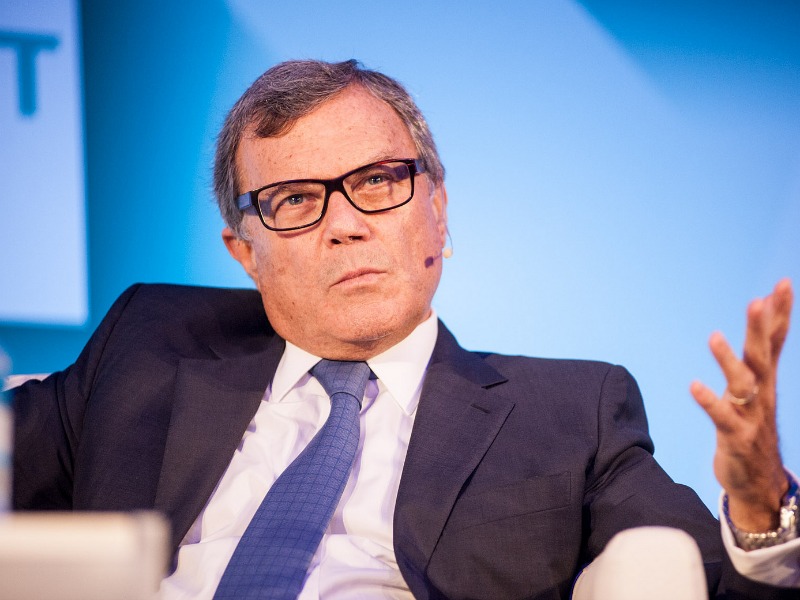Arun Sudhaman 03 Mar 2017 // 8:15AM GMT

LONDON — WPP has reported that its PR and public affairs firms, which include H+K Strategies, Burson-Marsteller and Finsbury, grew revenue by 2.5% on a like-for-like basis in 2016 to £1.1bn.
That represents constant currency growth of 5% for the year, with trading impacted by a 4Q slowdown that saw PR and PA net sales down 0.7% in the final three months of 2016.
WPP CEO Sir Martin Sorrell attributed the 4Q performance primarily to the "stronger comparatives" from the final quarter of 2015. He said there was strong 4Q growth in Continental Europe and the Middle East & Africa, "but North America was down over 2%, with the United Kingdom down significantly, as a result of lower M&A activity in the group’s specialist financial public relations and public affairs businesses in the fourth quarter compared with 2015."
For the year as a whole, like-for-like net sales in the public relations and public affairs businesses were up almost 7%, with Sorrell again picking out Cohn & Wolfe for praise.
"Cohn & Wolfe performed particularly well," he said. "Ogilvy Public Relations and H+K Strategies also improved, with Burson-Marsteller less buoyant."
PR and PA operating margin improving by 1.1 margin points to 16.7%, or 0.8 margin points in constant currency.
In his annual macroeconomic review, Sorrell pointed again to "challenging top line growth opportunities and uncertainties," compounded by technological disruption, zero-based budgeting techniques and the attentions of activist investors.
"This emphasis on the short-term and consequent disinclination to invest for the long-term may be misplaced," he said. "Our over ten-year experience of measuring brand valuation clearly shows that the strongest innovators and strongest brands generate the strongest total shareholder returns."
Citing the Financial Times/Millward Brown BrandZ Top 100 Most Valuable Global Brands survey, Sorrell added that companies with dominant shareholders or owners that “offend” good corporate governance practices take more risks and tend to perform better financially.
"Perhaps surprisingly, corporate structures that seem to offend customary good corporate governance may deliver better long-term results," he said. "Controlled companies like the Murdochs’ Newscorp and Fox or the Roberts’ Comcast or Zuckerberg’s Facebookor Brin & Page’s Google or, now, Spiegel’s Snap may provide the confidence and stability needed to take the appropriate level of risk."


































.jpg)

















